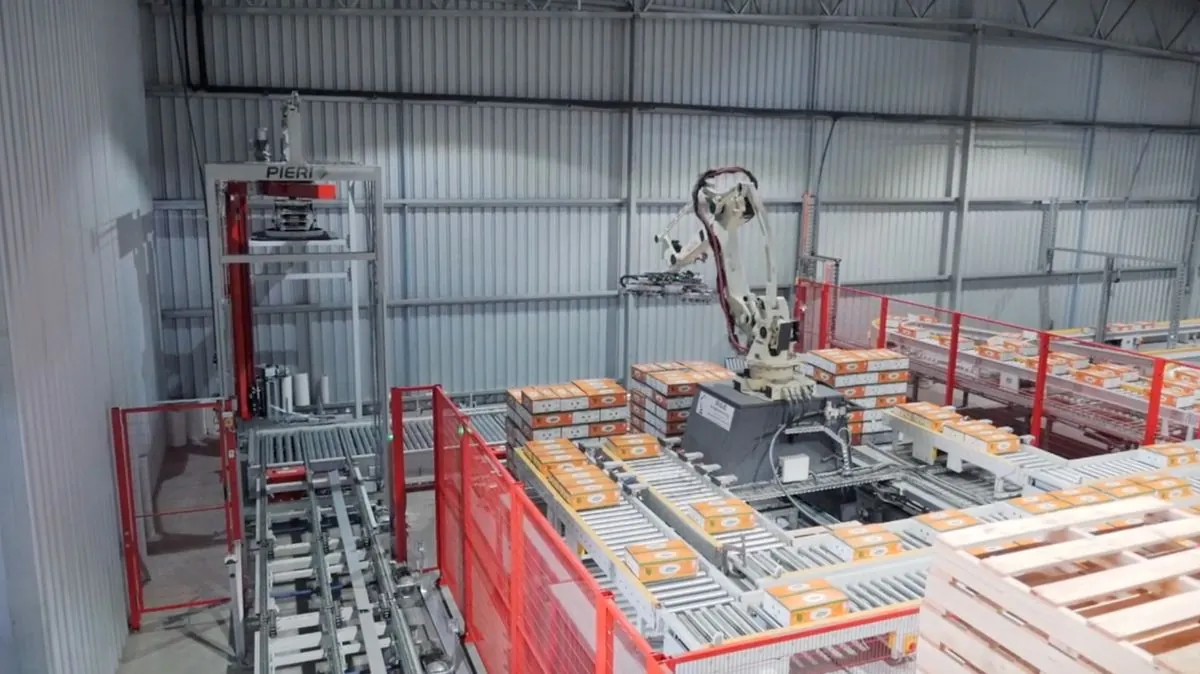Argentina's Economy Shrinks 3.9% in June, Surpassing Analyst Predictions
Argentina's economic activity declined by 3.9% in June 2024, exceeding analyst expectations. While construction and manufacturing sectors suffered, the agricultural sector showed significant growth amidst ongoing austerity measures.

Argentina's economic landscape continues to face challenges as recent data reveals a significant downturn in June 2024. According to official figures released on August 21, 2024, the country's economic activity experienced a 3.9% decline compared to the same period last year. This contraction surpassed the expectations of analysts, who had predicted a more modest 1.9% decrease.
The June figures mark a reversal from the rare economic uptick observed in May 2024. This downturn is largely attributed to the stringent austerity measures implemented by President Javier Milei's administration, aimed at curbing the country's persistent triple-digit inflation.
The construction and manufacturing sectors bore the brunt of the economic contraction. Construction activity plummeted by nearly 24% year-on-year, while manufacturing saw a substantial 20% decrease. These figures underscore the severe impact of the government's fiscal policies on key industries.

In contrast to the overall economic decline, Argentina's agricultural sector emerged as a bright spot. The farming and ranching industry experienced a remarkable 82% surge in activity during June, showcasing the resilience of the country's vital agro-export sector.
Argentina's current economic situation reflects its complex financial history. As the second-largest economy in South America, the country has grappled with recurring economic crises since the 1980s. Notably, Argentina has defaulted on its sovereign debt nine times since gaining independence, contributing to its reputation for economic volatility.
The nation's struggle with inflation is not new. In recent years, Argentina has consistently ranked among the countries with the highest inflation rates globally. This persistent issue has led to frequent devaluations of the peso, the national currency, further complicating economic stability.
Despite these challenges, Argentina boasts significant strengths. The country is renowned for its agricultural prowess, particularly in beef and soybean exports. Additionally, Argentina possesses substantial natural resources, including lithium and shale gas, which could play a crucial role in future economic development.
The current economic landscape in Argentina is shaped by a combination of factors, including a large informal economy (estimated at around 40% of GDP), a complex tax system often criticized for impeding business growth, and a history of populist economic policies. These elements, coupled with ongoing austerity measures, continue to influence the country's economic trajectory.
As Argentina navigates through these economic headwinds, the contrasting performance of different sectors highlights the complexities of implementing broad fiscal reforms. The government's challenge lies in balancing the need for economic stability with the immediate impacts on industry and consumption, all while addressing the country's longstanding financial issues.


































